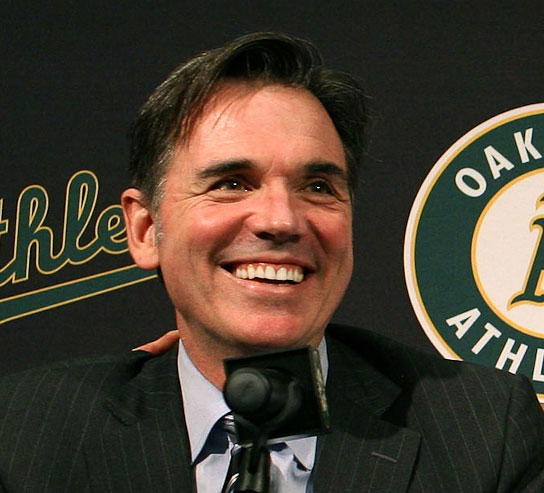Successful businesses generally don’t drop millions of dollars on a new idea without assessing if it’s likely to be a good investment or not.
It would be fair to say that most Australian’s assume our government operates in much the same manner when divvying up the budget.
In reality, spending decisions are mostly based on a combination of good intentions, ideology, horse trading, gut instinct and inertia.
We are no wiser today about how well our government spends our tax dollars than we were 20 years ago.
We know precious little about the impact of all but a tiny fraction of what our government spends to increase population health, reduce crime, improve social services and lessen Aboriginal disadvantage.
That is not to say that all government expenditure in these areas is ineffective. It’s just that in a wide range of issues in health and social policy, the only way of separating what we know to be good policy from the bad is expert opinion… and everyone considers themselves to be an expert.
In the current budgetary climate many potentially worthy policy programs are facing the axe. In the absence of robust evidence supporting their retention, much of the decision-making surrounding what should stay and what should go is driven by ideology.
In this new age of austerity we need to make every dollar count by spending on things that work to reduce disadvantage and inequality rather than things we just assume do.
We should take a leaf out of the playbook of Billy Beane, the manager of the Oakland A’s baseball team who was immortalised in Moneyball.
Billy Beane managed to change baseball by using data science to determine where to get the best value out of his teams’ relatively meagre budget.

He boiled down the success of baseball to a number of key measurements and built a championship contending team based around undervalued players with these characteristics.
Rather than continuing our time honoured approach to throwing money at the latest policy problem and hoping it solves itself, we need a new approach. In order to reduce entrenched disadvantage we need to shift resources toward solutions that get proven results.
Social science research has shed light on what works to improve health, education and employment outcomes for disadvantaged individuals.
Thanks to the work of groups like the Campbell and Cochrane Collaborations we know for example, that children of low income parents who attend pre-school are more likely to complete high school than those who don’t.
However, almost all of this research is produced overseas and doesn’t always translate neatly into an Australian context.
In the United States there has been a concerted effort amongst politicians, public servants and philanthropists to increase the use of evidence, data analytics and linked data to demonstrate that policy programs make a difference to their recipients.
Their counterparts in Australia are not without their champions, however much more could be done to advance this approach.
Evaluations of policy programs need to be adapted so that they focus on relevant outcomes to individuals rather than focusing on compliance and coverage.
There are tools available to determine what public policy works and what doesn’t – randomised control trials and other nifty techniques have been used around the world to determine the impact of programs to fight poverty, improve education and reduce unemployment.
Yet, despite the best efforts of MPs like Andrew Leigh, and others, to promote their use, their uptake in social policy analysis in Australia has been limited.
Taxpayer dollars should be spent on solutions that use evidence and data to get better results.
Ongoing evaluation and data analytics can be used to continuously improve both the quality and impact of programs. This can also reduce duplication and slash red tape that strangles innovative new ideas.
Regardless of whether someone favours ‘big government’ or ‘small government’ it would be hard to find anyone who lacks the conviction that a government of any stripe shouldn’t be spending tax dollars on things that don’t work.
Every dollar spent on an ineffective program is a dollar that can’t be spent on something that makes a measurable difference.
The budget should be directed away from policy programs that don’t work and reinvested in those that can help those in need of assistance to make greater and faster progress toward overcoming challenges.
In Australia, those in charge of our budget could learn a lot from Billy Beane’s approach to baseball.
This period of belt tightening could be used as an opportunity to refocus our attention on what works to get better results.
We need to be spending on the most effective and efficient ways to reduce inequity and disadvantage. We need to be playing Moneyball.
* Dave Taylor is an economist with Archerfish – a Sydney-based economic advisory firm that specialises in collecting and analysing data to determine the economic impact of evidence-based interventions in health, education, social welfare, criminal justice, social services and housing. You can follow him on twitter @davetayl_r.
Donate To New Matilda
New Matilda is a small, independent media outlet. We survive through reader contributions, and never losing a lawsuit. If you got something from this article, giving something back helps us to continue speaking truth to power. Every little bit counts.



